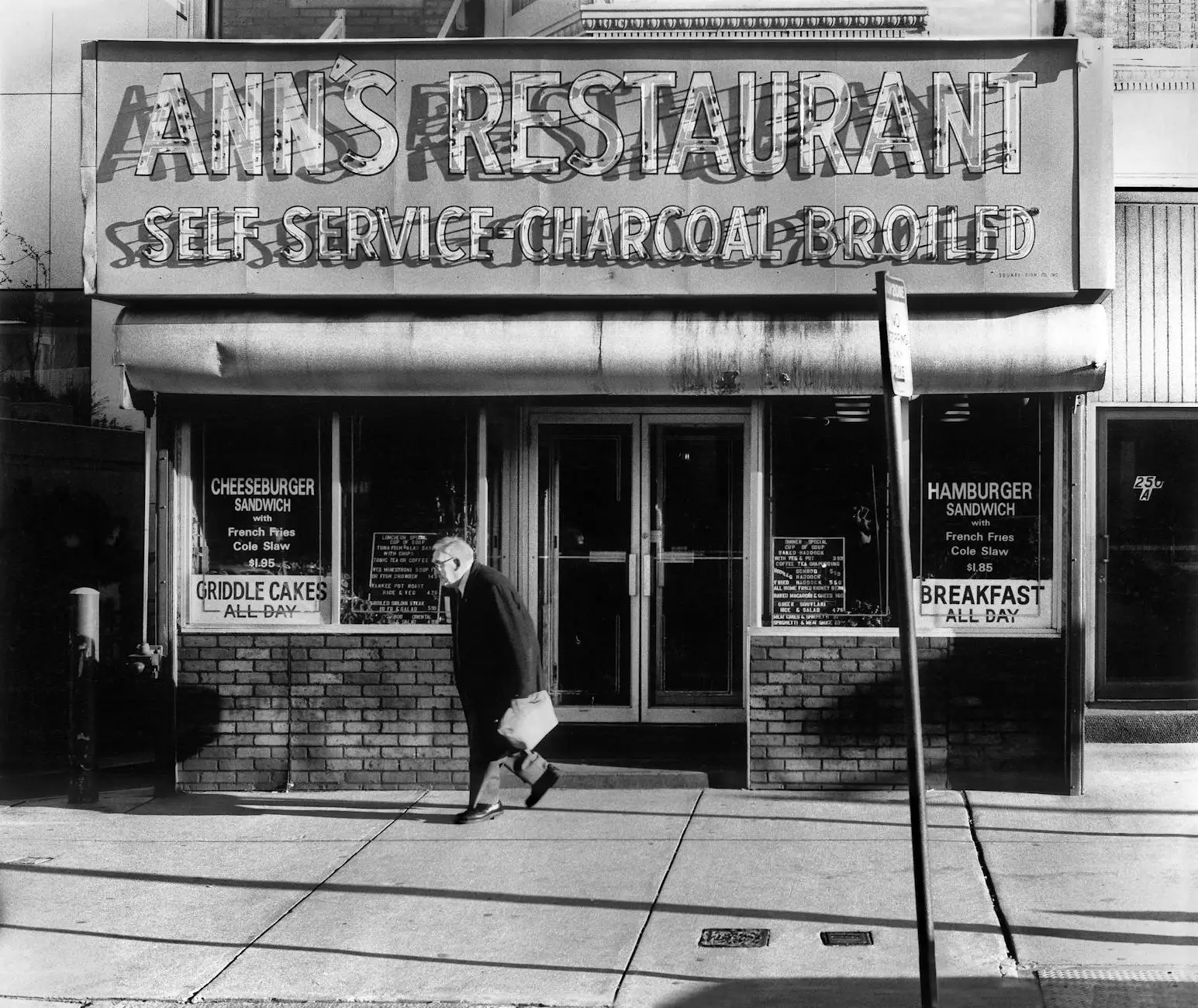Maximizing Business Efficiency with CRM for Pharmacy

Understanding CRM for Pharmacy
A Customer Relationship Management (CRM) system tailored for pharmacies is an essential tool that can transform the way a pharmacy operates. CRM for pharmacy is not just about maintaining a database of customer information; it is a comprehensive strategy that helps pharmacists improve customer service, enhance operational efficiencies, and drive growth.
Importance of CRM Systems in Modern Pharmacy
The role of pharmacies has evolved significantly in recent years, transitioning from mere dispensaries of medication to becoming integral parts of patient care. A CRM for pharmacy can support this evolution by providing essential insights into customer behavior, enabling personalized interactions, and streamlining day-to-day operations.
The Pillars of a Pharmacy CRM System
A robust CRM for pharmacy system encompasses several key features and functionalities that enhance productivity:
- Customer Data Management: Store and manage extensive customer profiles, including medication history, preferences, and contact details.
- Communication Tools: Utilize email, SMS, and appointment reminders to nurture relationships with patients.
- Marketing Automation: Implement personalized marketing campaigns to promote new medications or services.
- Reporting and Analytics: Gain insights through powerful analytics tools that show patient trends and pharmacy performance metrics.
Benefits of Implementing CRM for Pharmacy
The adoption of a CRM for pharmacy has numerous benefits that can significantly impact an organization’s bottom line and customer satisfaction ratings. Here are some notable advantages:
1. Enhanced Customer Relationships
Building strong relationships with patients is crucial for any pharmacy. A dedicated CRM for pharmacy offers tools to track interactions and improve follow-up, significantly enhancing customer satisfaction and loyalty over time.
2. Increased Operational Efficiency
By automating routine tasks such as appointment scheduling and reminders, CRM systems allow pharmacy staff to focus on more complex patient needs. This efficiency not only saves time but also reduces errors, leading to better patient outcomes.
3. Personalized Marketing Campaigns
A sophisticated CRM for pharmacy empowers pharmacists to tailor marketing efforts based on customer preferences and purchasing history. By delivering the right message to the right audience, pharmacies can increase their service uptake and customer retention.
4. Data-Driven Decision Making
With comprehensive reporting tools, a pharmacy can analyze customer data to identify trends and adjust strategies accordingly. This data-driven approach allows for better planning and resource allocation.
Key Features of CRM for Pharmacy
When selecting a CRM solution for pharmacy, it is important to consider key features that will facilitate operations and improve customer experience:
1. Integrated Prescription Management
A user-friendly CRM for pharmacy integrates seamlessly with electronic prescription systems, enabling a smooth workflow from prescription receipt to fulfillment.
2. Customer Segmentation
Effective CRM systems allow pharmacies to segment their customer base based on various parameters such as age, medication types, and spending habits. This segmentation supports targeted communication and service offerings.
3. Loyalty Programs
Implementing loyalty programs through the CRM can incentivize customers to return to the pharmacy. Tracking points, rewards, and interactions fosters a sense of loyalty among patients.
Integration of Pharmacy CRM with Other Systems
A well-implemented CRM for pharmacy does not exist in isolation. It is essential for pharmacy CRMs to integrate with other systems, such as:
- Inventory Management Systems: Synchronize patient prescriptions with inventory data to ensure timely refills and medication availability.
- Financial Software: Link CRM data with accounting systems to streamline invoicing and payment processing.
- Health Information Systems: Integrate patient records across care providers to provide a holistic view of patient health status and medication management.
Challenges in Implementing CRM for Pharmacy
While the benefits of a CRM for pharmacy are clear, there are challenges associated with its implementation. These include:
1. Resistance to Change
Staff might be resistant to adopting new technologies. Adequate training and clear communication about the benefits of the CRM are key to overcoming this challenge.
2. Data Privacy Concerns
Managing sensitive patient information requires strict adherence to HIPAA and other regulatory standards. Ensuring data security is paramount in pharmacy operations.
3. Cost Considerations
The cost of implementing and maintaining a CRM system can be substantial. It’s crucial to evaluate the expected return on investment (ROI) from improved customer engagement and operational efficiency.
Best Practices for Utilizing CRM in Pharmacy
To maximize the effectiveness of a CRM for pharmacy, consider the following best practices:
- Regular Training: Continuously train staff on how to use the CRM efficiently.
- Customization: Tailor the CRM system to meet the specific needs of your pharmacy.
- Feedback Loop: Establish a feedback system from staff and customers to continually improve CRM functionalities.
Conclusion
In today's competitive healthcare landscape, leveraging a CRM for pharmacy is essential for achieving operational excellence and enhancing patient relationships. By implementing a robust CRM system, pharmacies can streamline processes, foster loyalty, and ultimately drive profitability. The evolution of pharmacy operations hinges on technology, and with the right tools at hand, the future is promising.
Investing in a dedicated CRM for pharmacy is not just an upgrade; it is a strategic move that ensures you stay ahead in a rapidly changing environment. By embracing these advancements, pharmacies can provide better care, build a loyal customer base, and succeed in an increasingly challenging market.









